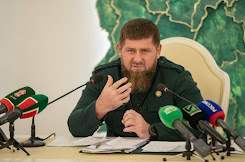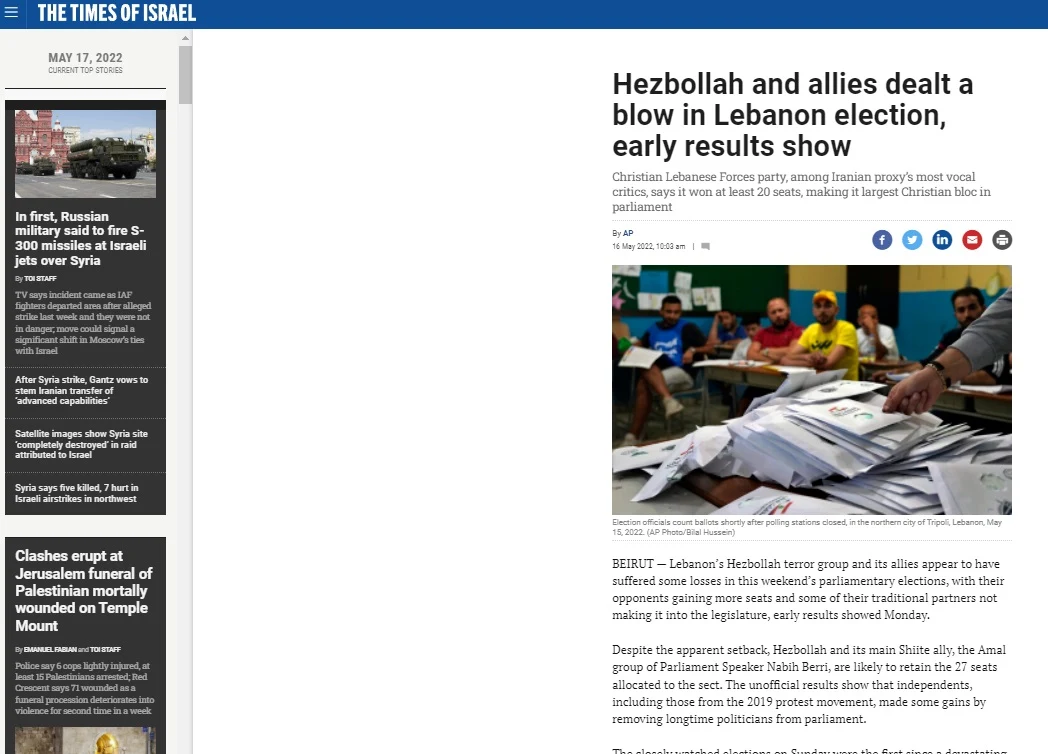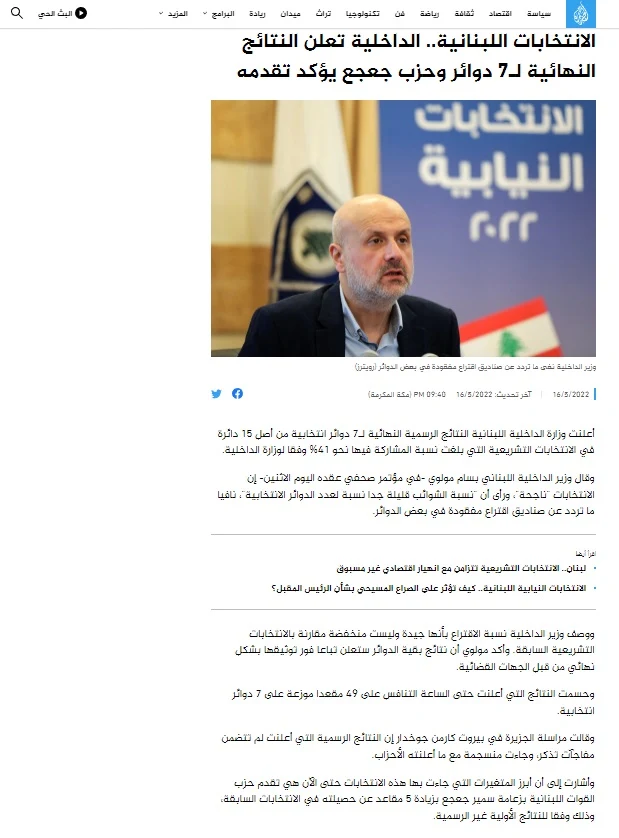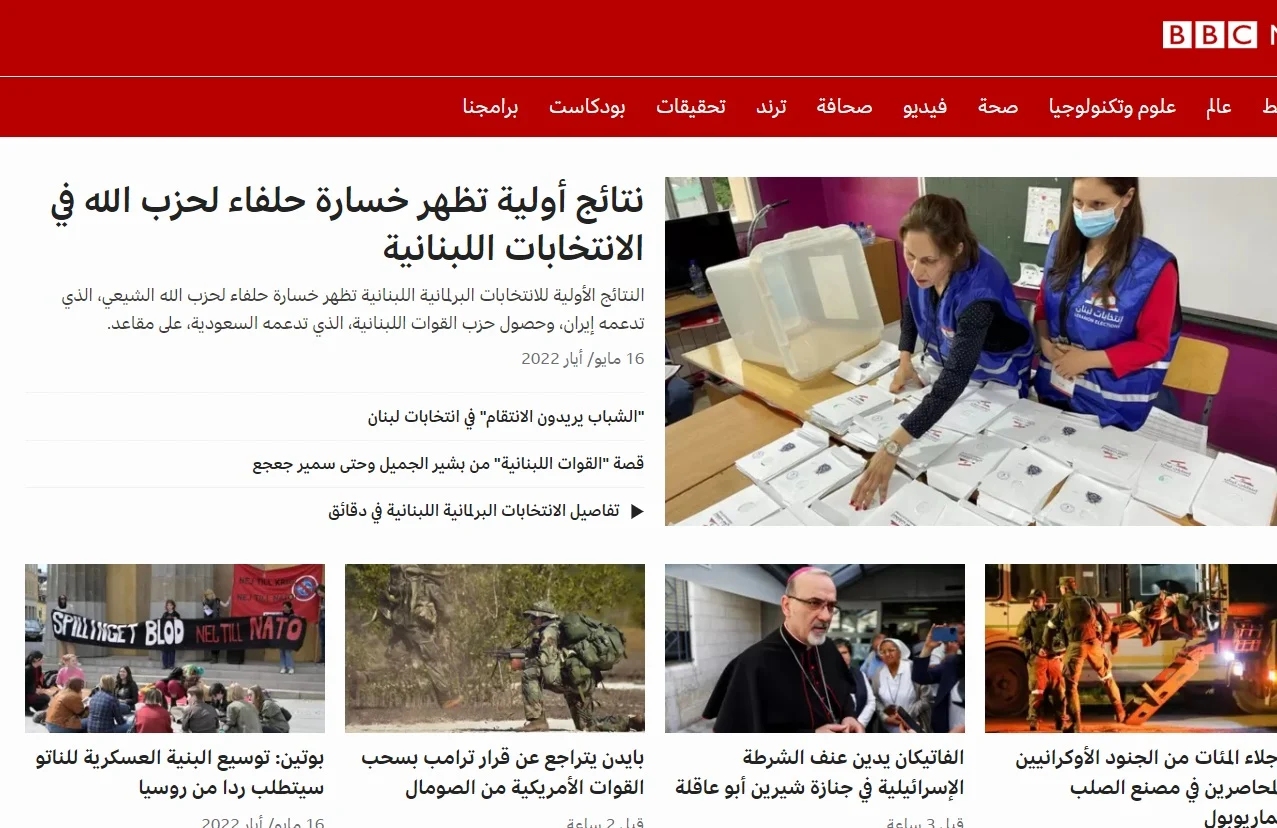
Russian Foreign Minister Sergey Lavrov meets Iranian President Ibrahim Raisi: Russian President Vladimir Putin is counting on holding new meetings with Raisi
Russian Foreign Minister Sergei Lavrov said today, Wednesday, that Russian President Vladimir Putin is counting on holding new meetings with his Iranian counterpart, Ibrahim Raisi.
At the start of his meeting with the Iranian president in Tehran this evening, Lavrov said: "President Putin asked me to convey to you his warmest greetings and best wishes. He looks forward to new meetings with you."
He noted that the Russian president holds several meetings every day, and they are "primarily related to adapting the economic, social, banking and financial sphere to the realities that are now emerging as a result of the selfish and aggressive policy of the West."
"All countries that are negatively affected by the selfish approach of the United States and its orbiters have an objective need to reshape their economic relations in a way that does not depend on the whims and whims of our Western partners," Lavrov added.
This is Lavrov's first visit during the era of the new Iranian government that was formed last August. The Russian minister visited Tehran in April 2021 and held talks with his Iranian counterpart at the time, Mohammad Javad Zarif.
In related news; Iranian Foreign Minister Hossein Amir Abdollahian announced that President Ebrahim Raisi will participate in the BRICS summit, which will be held in China.
Amir Abdollahian wrote in a tweet on his Twitter account: "The BRICS group of countries promises their great potential and innovative vision to be an effective engine for global development and peace."
The Iranian minister added, "By accepting the invitation of the Chinese president to attend the BRICS Plus summit, Iranian President Ebrahim Raisi, during his participation in the summit, will explain Iran's views and capabilities," stressing that his country is taking advantage of any opportunity in the form of "dynamic diplomacy" to advance its national goals.
Yesterday, the Chinese Foreign Minister welcomed the Iranian President's attendance at the BRICS meeting, expressing his hope that the course of diplomacy and dialogue would lead to an agreement in the Vienna negotiations.
Iran's ambassador to Beijing, Mohammad Keshavarzzadeh, said that a phone call took place between the Foreign Minister and his Chinese counterpart, Wang Yi, indicating that the two sides discussed bilateral and international issues.
And the "BRICS" group saw the light of day in 2006, to form an international alliance in the face of Western domination of the world, and turned into an integrated political and economic group.
Its first summit was held on June 16, 2009, under the name "BRIC", in the Russian city of Yekaterinburg, with the participation of: Brazil, Russia, India and China first, then joined by South Africa in 2010, becoming the name of the International Alliance. BRICS, a word formed and derived from the initial letters of the name of each member state.
The population of the BRICS countries constitutes about 45% of the world's population, and the area of its member states covers more than 39 million square kilometers, which is equivalent to 27% of the total land area.
The size of the BRICS economies exceeds the GDP of the Group of Seven major industrial countries (the United States, Britain, Germany, Japan, France, Canada and Italy).
According to Iranian media reports, Chinese President Xi Jinping as the host of BRICS Summit 2022, has invited President Rayeesi to attend the meeting and deliver a speech on Friday.
Rayeesi will discuss the Islamic Republic's viewpoints on international issues and the development of trade and economic cooperation with other countries at the event, which will be held on Friday.
The meeting will discuss "high-level talks for global development".
Iran is the only country in West Asia region that has been invited to attend the BRICS+ summit.
BRICS expansion
China proposed expanding the BRICS grouping during a meeting of the bloc’s foreign ministers in May. Though the suggestion was welcomed by other member countries, there have been no official announcements of who the new members might be.
“We can get a sense of which countries might be invited by looking at their position on Ukraine and their voting behaviour regarding the conflict at the United Nations,” Huang said. “Those developing countries who abstained or supported Russia may be recruited to join.”


































































